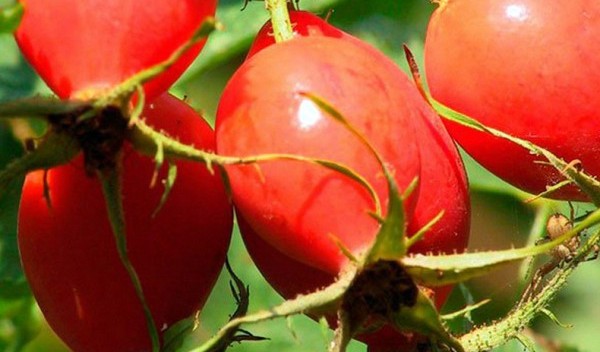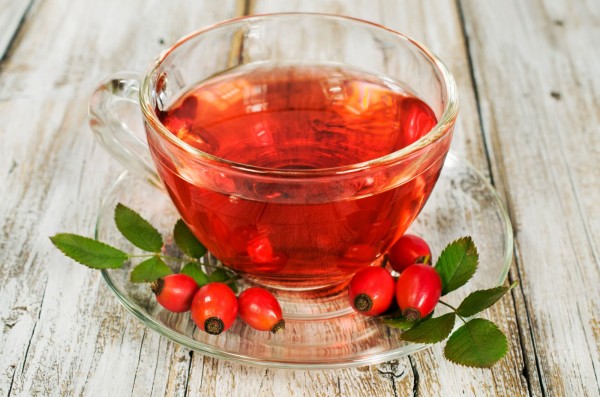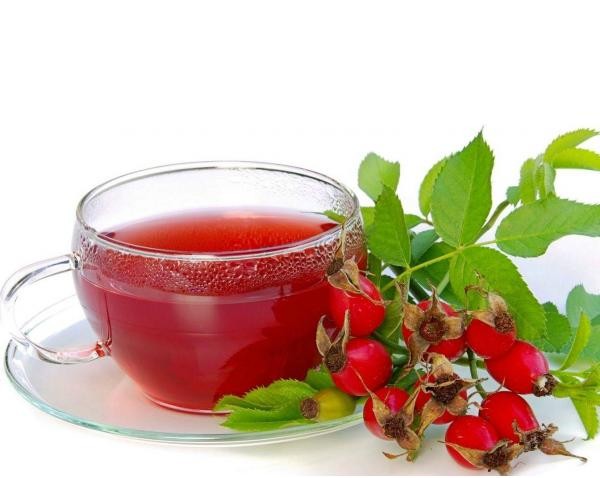Rosehip decoction: benefits, application, contraindications
Rosehip is considered a relative of the rose. The shrub acquired its name due to the sharp thorns on the branches of the plant. In early summer, the bush is covered with white, pink or yellow flowers with an intoxicating scent. According to legend, the flowers of the plant appeared in the place of drops of blood of a girl who pierced herself with a dagger from unhappy love. In September-October, the fruits ripen, acquiring a bright orange color. The healing properties of rose hips have been known for a long time. Berries are rich in vitamins and elements that are beneficial to human health. At the same time, the content of calories in the product is minimal.
Content
The benefits of rosehip decoction
Rose hips are dried and stored in closed jars or bags. In addition to them, you can stock up on petals and plant roots. A decoction of berries has tonic properties. Since ancient times, the use of a decoction has been widely used for vitamin deficiency. This drink improves performance. With constant use, the body's resistance to infectious diseases increases. It is recommended to use it for colds, anemia, hypertension, atherosclerosis, anemia.
- The broth strengthens the heart muscle. The vessels become more durable. Cholesterol levels are reduced. It is useful in the treatment of arrhythmias and angina pectoris in combination with motherwort, valerian and hawthorn.
- For hypertensive patients, an important property of the drink is to lower blood pressure. It promotes the elimination of harmful substances from the body, has a diuretic and choleretic effect.
- During pregnancy taking a broth is very useful. It promotes metabolism, improves digestion. The content of ascorbic acid is so high that it cannot be compared with either lemon or black currant.
- The drink promotes wound healing, accelerates the process of blood clotting during bleeding.
- The process of bone fusion with fractures is much faster.
- The work of the gastrointestinal tract is normalized, it is used for tuberculosis.
- A decoction of unripe fruits is used for sore throat.
- In case of chronic fatigue, it is recommended to use rose hips to improve brain activity.
- Taking a decoction helps to reduce weight, and for men it also improves potency.
Medicines are made on the basis of this plant.
Harm of rosehip broth 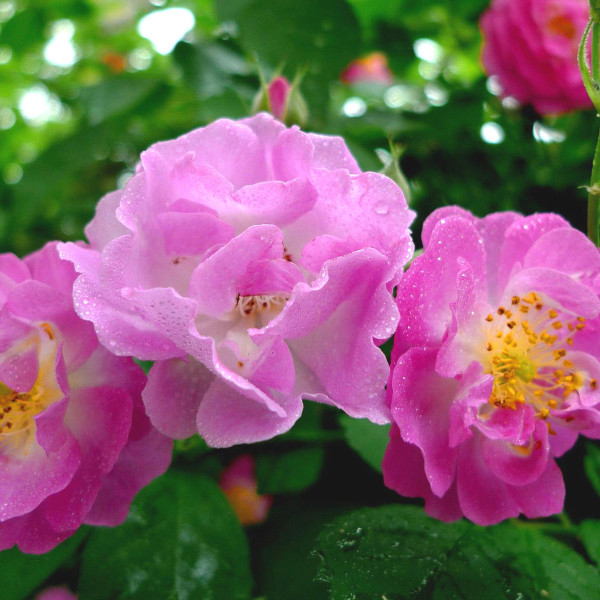
This drink has a lot of useful properties. But it can also be harmful. Excessive use can negatively affect the condition of the internal organs.
If you have kidney disease, you should not take too much of the drink.
Acids contained in berries destroy tooth enamel. You should brush your teeth after taking or rinse your mouth.
With a tendency to constipation, the broth should be taken with caution, because the tannins contained in the broth provoke problems with the stool.
People with dermatological diseases and having problems with blood clotting should avoid large amounts of the decoction.
How to cook rosehip decoction
Dried, washed berries are poured with boiling water and infused for 10-12 hours. Better to brew overnight and use a thermos for this. For cooking, take 3 tablespoons of berries per 1 liter of boiling water. The finished drink has a brown color and a sour taste. After straining it can be consumed.
For the morning intake, the broth is prepared at night using 1 teaspoon of dry berries in a glass of boiling water. Applying fresh fruits, they are poured with cold water for 12 hours, then brought to a boil. Drink half a glass before meals 2-3 times a day.
Rosehip peel removes stones from the gallbladder and kidneys, is used for prostatitis. The seeds should be extracted from the berries by cutting them in half. Then dried on newspaper or cloth. Take 3 tablespoons and pour boiling water over. Wait 6 hours and consume for 2 weeks. In the third week, the dosage is reduced by exactly half and is taken 4-5 times a day. For the treatment of prostatitis, take 1 tablespoon of the crushed product for 1 glass of boiling water, infused for 30 minutes.
When depression add 3 tablespoons of lime buds and hawthorn to 3 tablespoons of fruits, pour 5 liters of cold water. Boil for half an hour, leave for 3 hours, then strain.
Rosehip infusion 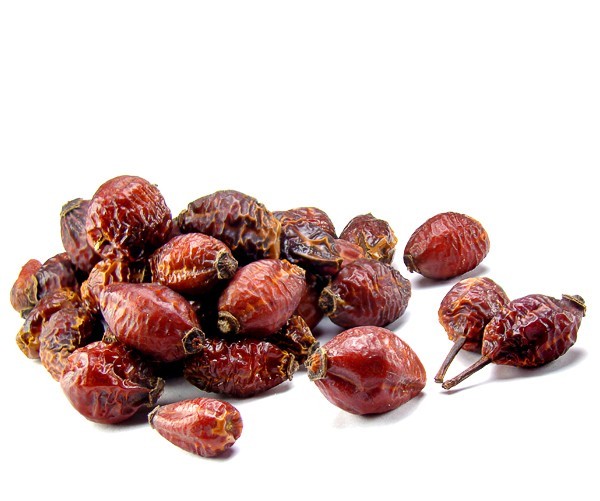
Rosehip infusion is prepared not only from berries, but also from roots and leaves. Besides the main central root, the plant has many small roots. They are dug up and dried. Then the infusion is crushed and prepared. Use 1 teaspoon of roots in a glass of water. It is useful in diseases of the bladder and intestinal disorders. Recommended for pain and cramps.
Infusion of petals fights bacteria and various pains, is useful for eye inflammation. Dip cotton or gauze napkins into the infusion and apply to problem areas. Helpful for dry skin. For one and a half cups of boiling water, 2 tablespoons of petals are taken and infused for 30-40 minutes.
In addition to rose hips, hawthorn fruits are used in the preparation of the infusion. It is an excellent remedy for insomnia. A tablespoon of hawthorn and 2 tablespoons of rose hips are poured with 3 cups of boiling water overnight. It is consumed half a glass 2 times a day.
Rosehip with berries or raspberry leaves is useful for colds. At the same time, headache decreases, fever decreases. Grind 1 teaspoon of rose hips and a tablespoon of raspberry branches into a glass of boiling water. It is advisable to apply at bedtime.
Dried black currant berries together with rose hips perfectly strengthen immunity... Cooking proportions: 1 teaspoon of berries for half a liter of boiling water. Better to insist in a thermos.
In the presence of viburnum berries, an excellent antipyretic agent is obtained. 1 tablespoon of viburnum and rosehip berries are brewed with 2 liters of boiling water. Take half a glass 4-5 times a day.
For hepatitis, the infusion is applied with apple juice one hour before meals. Take half a glass of drinks and 1 tablespoon honey.
To dissolve stones in the gallbladder, a mixture of infusion with beet juice is used. With prolonged use, the stones gradually dissolve.
Rosehip decoction: contraindications
It is not recommended to use a decoction:
- With heart failure and endocarditis, due to the content of vitamin K above normal.
- With a tendency to form blood clots, due to increased blood clotting.
- When gastritis and ulcers, due to the high content of vitamin C.
- With diabetes mellitus, because fruits contain a lot of sugar.
- With urolithiasis, large stones can block the bile duct.
- With individual intolerance and allergic reactions.
If there are contraindications, only a doctor will be able to advise on the possibility of using this plant. In any case, do not be zealous.
